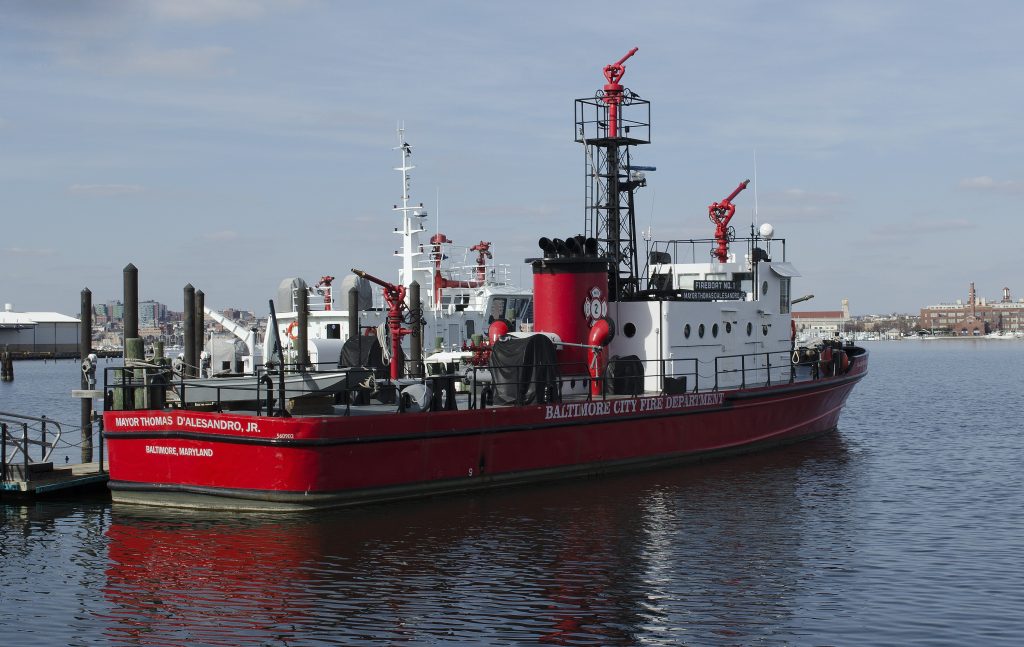 Juries are one of the most important foundations in our legal system. Their role is to determine the truth behind the sometimes confusing legal language and provide justice. Juries rely on the information given to them by lawyers in the form of Jury Questions. However, when an alleged ambiguous term appears in the questionnaire, the court must determine if that specific word tainted the jury’s verdict.
Juries are one of the most important foundations in our legal system. Their role is to determine the truth behind the sometimes confusing legal language and provide justice. Juries rely on the information given to them by lawyers in the form of Jury Questions. However, when an alleged ambiguous term appears in the questionnaire, the court must determine if that specific word tainted the jury’s verdict.
Richard Bosarge filed a lawsuit against his employer Cheramie Marine to recover damages from injuries sustained on a voyage when using one of Cherami Marine’s utility vessels. Borsarge had applied to work at Cheramie Marine, and as part of the pre-employment physical, he was asked if he had any prior back pain or injury. Borsarge told Marine he did not, concealing that he had back pain, and sought medical care. While on board one of Marine’s vessels in July 2014, Bosarge claimed the captain encountered “high waves,” Bosarge was injured when the captain decided to go through them.
At trial, Cheramie Marine brought evidence that the waves were not, in fact, “violent,” and Bosarge’s pain was not from falling but from being seasick. Marine also brought in a medical expert who testified Bosarge’s pre-injury MRI scan looked worse than the post-injury MRI scan. The jury concluded they did not think Bosarge suffered an accident on July 18, 2014, and he did conceal material medical facts during the pre-employment medical examination and interview process. The trial court agreed with the jury’s findings.
Upon appeal, the Fifth Circuit Court of Appeals reviewed the case to see whether there was an abuse of discretion. Abuse of discretion is a way of stating the prior judge made such a bad mistake that a fair trial could not be held.
Bosarge argued the jury was not provided with correctly worded questions on the jury form. He claimed the district court erred here by not defining what the word “accident” means in the jury Question One, which asked, “(1) Do you find from a preponderance of the evidence that Plaintiff Richard Bosarge had an accident on July 18, 2014?” Bosarge contends that “accident” could connote an event without fault.
Whether an accident occurred is looked at from jury instructions. The appellate court examined this through the use of Dreiling factors to see whether the lower court’s use of the questions presented to the jury was an abuse of discretion. The factors look at (1) whether, when read as a whole, the questions adequately presented the contested issues to the jury, (2) whether the submissions were fair, and (3) whether the ‘ultimate questions of fact’ were clearly submitted to the jury.” Dreiling v. Gen. Elec. Co.
The appellate court concluded the word “accident” can also mean “an unfortunate event resulting esp. from carelessness or ignorance” and ruled there was no confusion as to what the word meant. The jury finding that no accident occurred in the case means no injury-causing incident occurred, and therefore, ruled in favor of Cheramie Marine. The district court’s ruling was upheld, and Question One was adequately and fairly presented to the jury.
The Bosarge lawsuit shows that not all words have ambiguous meanings. Courts can sometimes be split as to what words could be viewed as ambiguous. However, the word “accident” was exactly what a reasonable jury would think it would mean. But before deciding for yourself, hire an experienced attorney to deal with a negligence case and evaluate all the evidence.
Additional Sources: RICHARD BOSARGE V. CHERAMIE MARINE, L.L.C.
Written by Berniard Law Firm Writer Brianna Saroli
Other Berniard Law Firm Articles on Jury Issues: Injured Driver Wins Favorable Jury Verdict and Still Appeals in Ouachita Parish Car Accident Case
 Louisiana Personal Injury Lawyer Blog
Louisiana Personal Injury Lawyer Blog

